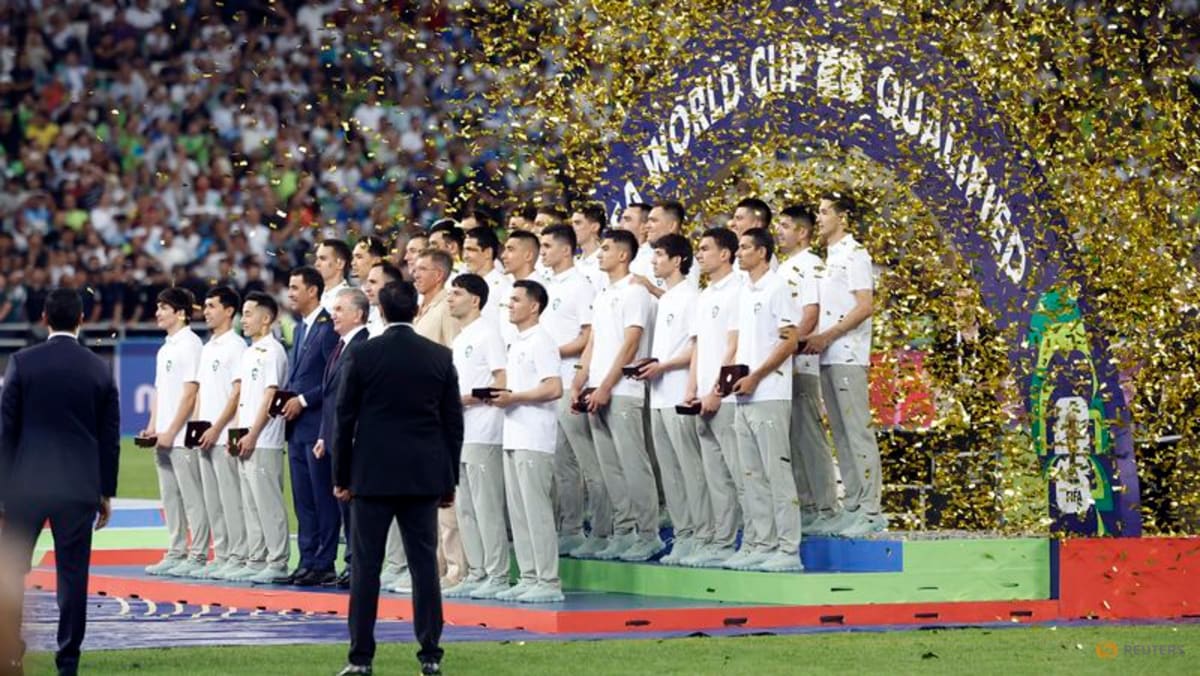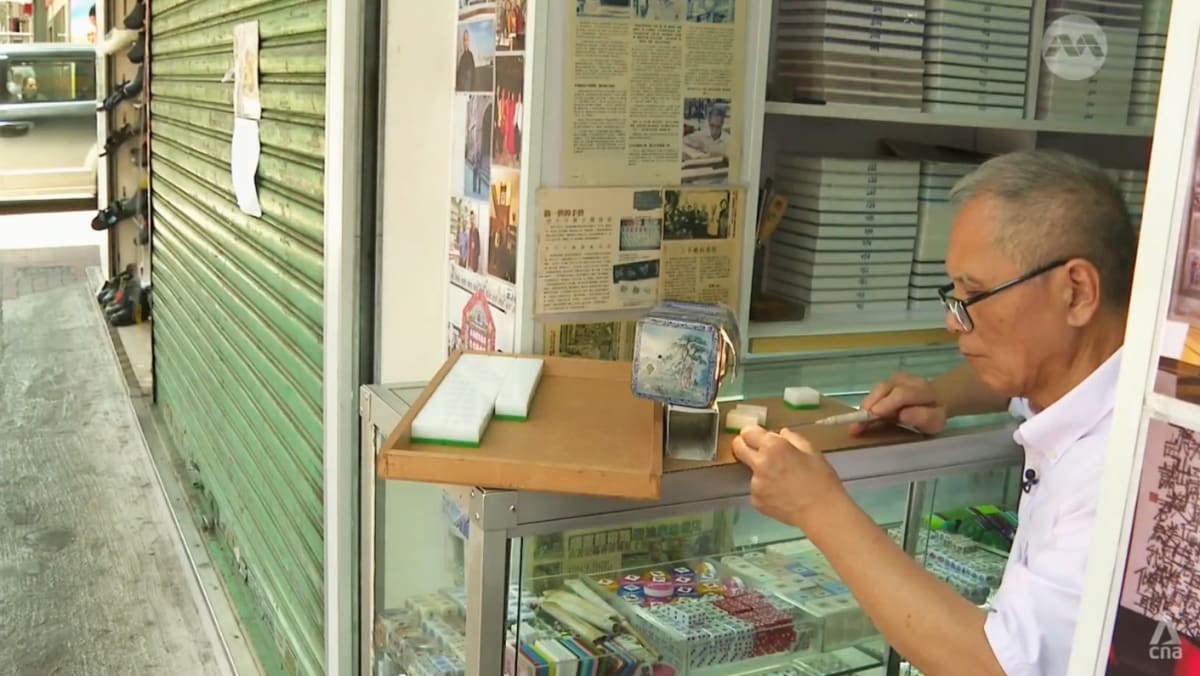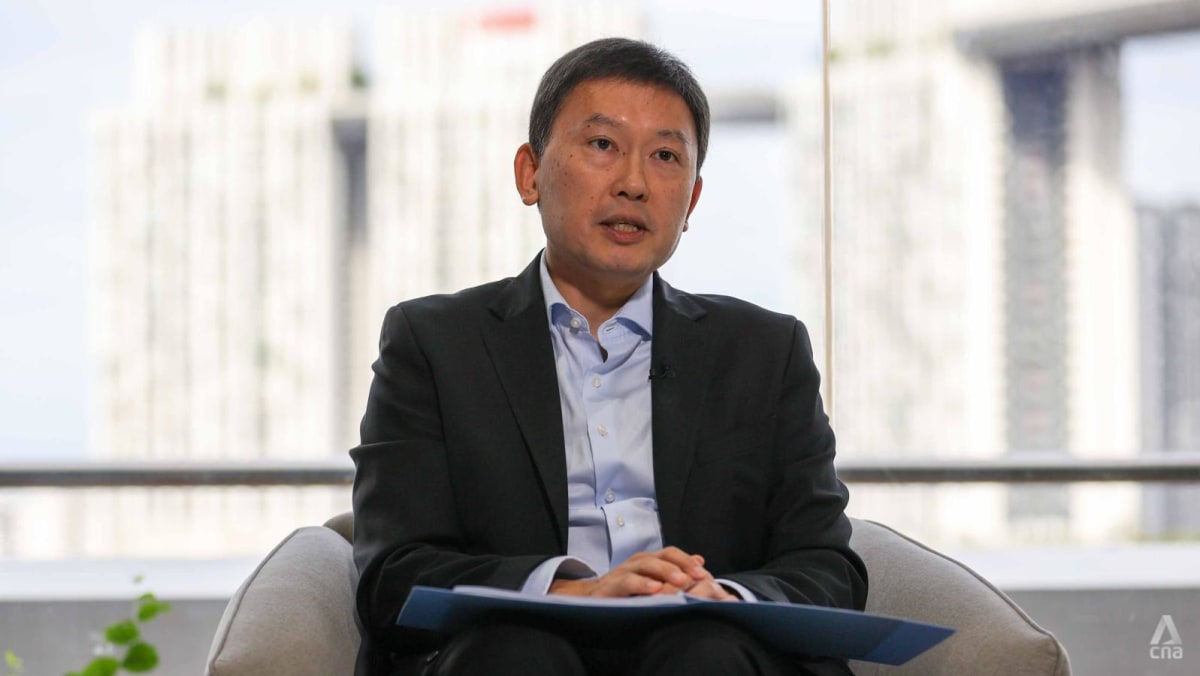Cultivating respect - and reaping the learning REWARDS
Respect is the foundation of a strong relationship between educators and parents, and underpins better learning and developmental outcomes for children at My First Skool.
D uring group activities in Ms Vasudevan Nivasini’s class, one boy stood out for his struggle with turn-taking. “He would cry and disturb his peers, repeatedly asking for his turn,” recalled the Tamil language teacher at My First Skool at Block 260 Bukit Batok. “To help cultivate respectful behaviour, I consistently modelled turn-taking for him.”
This involved gentle reminders like “Let’s wait for our friends to finish first” and deploying visual cues such as pictures of a waiting line to reinforce the concept of patience and consideration. Ms Nivasini also made a point of praising the child whenever he did his best to wait his turn. Over time, her efforts bore fruit: the child not only learned to wait patiently, but also began reminding his classmates to take turns.


Ms Nivasini encourages children to practise respectful behaviours like turn-taking and teamwork through traditional games.

RESPECT SETS THE TONE
Before learning can take place, respect must first be established – between children, educators and parents. Ms Nivasini explained that when children feel respected, they feel emotionally safe, and are more open to learning and connecting with others.
“In the classroom, respect shapes how we listen, share and solve problems together,” she added. “When we build relationships with families, colleagues and children, respect creates a warm and inclusive environment where everyone can thrive.”
She encourages children to practise respectful behaviour such as turn-taking and teamwork through traditional games like Paramapatham – the origin of Snakes and Ladders – which also help them learn Tamil vocabulary and culture.

Thanks to her commitment to bringing the Tamil language to life for her students, Ms Nivasini has earned praise from many parents.
To promote respect for cultural and religious differences, she engages her students with storybooks, role-play and classroom discussions. “I explain that everyone is unique in their own ways. During festivals like Chinese New Year and Hari Raya, I introduce traditional clothes, food and games from other cultures to help children understand and appreciate diversity.”
PARTNERING PARENTS TO NURTURE CHILDREN’S GROWTH
As much of the work in early childhood education – such as lesson and activity planning, emotional labour and professional skills training – often happens out of parents’ view, it can sometimes be disheartening when educators feel dismissed or unvalued by them, reflected Ms Nivasini. “But when we receive gestures of appreciation, it gives us the energy to keep going.”
![]()

According to Ms Nivasini, leading with respect creates a safe and loving space for children to thrive.
![]()
Simple acts, such as saying “good morning” at drop-off, responding promptly to messages or speaking positively of teachers in front of children, not only show respect and support for educators but also send the message that parents and educators are on the same team, she added.
![]()


When families respect teachers, we feel more empowered and motivated to give our best. It’s a cycle of care and respect that uplifts everyone, because when teachers are cared for, we’re better able to care for the children.”
Ms Vasudevan Nivasini
![]()
Ms Nivasini recalled an example of a boy in her K2 class who was shy and lacked confidence speaking in Tamil. During a parent-teacher meeting, she suggested that his family try using simple Tamil sentences, songs, rhymes and storybooks at home.
“His parents were fully committed to building a positive relationship between us, and the boy gradually became more confident,” she recounted. “One day, he volunteered to say a sentence out loud during story time. It was a proud moment for all of us – a real team effort, enabled by our respectful partnership.”

I’m grateful for how Teacher Nivasini engaged us as parents – explaining not only what the girls were learning, but also how we could reinforce that learning through everyday conversations, storytelling and day-to-day activities. Her passion for teaching and sincere efforts have helped our children build a meaningful connection with the Tamil language."
Annamalai GK, father of Vedha Avigna (K2) and Pranava Sashti (N2)

MODELLING RESPECT FOR A BRIGHTER FUTURE
Parents and educators serve as key role models in a child’s life – shaping how they learn to navigate relationships, whether at school, work or home.
“Children observe how adults treat each other,” Ms Nivasini said. “When they see their teachers and parents listening respectfully and problem-solving calmly as a team, it sends a consistent message: this is how we treat others. That message sticks with them more than anything we can say directly.”

Traditional games like Paramapatham – the origin of Snakes and Ladders – are a great way to help students learn Tamil vocabulary and culture.
![]()
![]()
Respect, she added, always begins with listening. “Celebrate each other’s efforts and be open to learning. When we lead with respect, we create a safe and loving space for our children to bloom.”
![]()
My First Skool
NTUC First Campus is one of Singapore’s largest early childhood services providers, with over 180 My First Skool and Little Skool-House centres. At NTUC First Campus, we uplift our educators and support their well-being and growth, so they can continue making a meaningful difference in the lives of children and families. Ready to enable bright futures? Join the team today!





















































